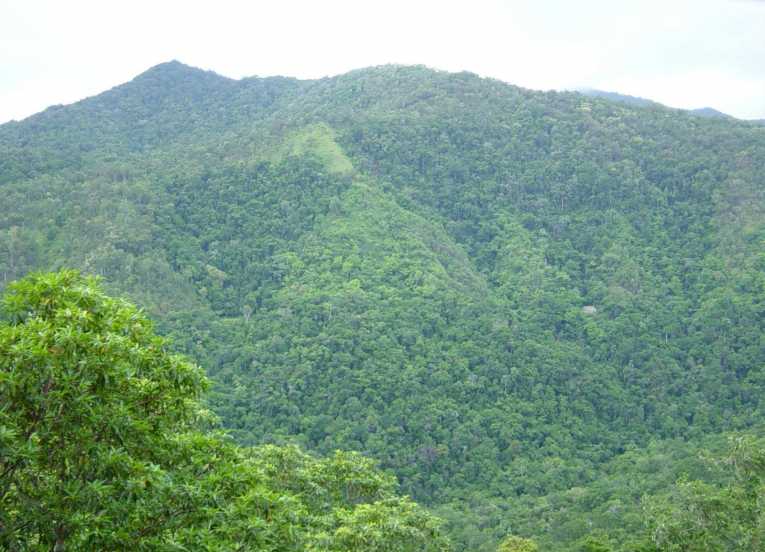There has been global concern about the rampant rates of deforestation of the Amazon rainforest and the potential impact this could be having on global warming. Now evidence is pointing towards a turning of this tide of forest destruction.
The latest evidence was recently presented to the Cancun climate conference in Mexico as Brazil attempts to demonstrate that they are a developing nation that is reducing its greenhouse gas emissions. The majority of Brazil's global warming emissions are coming from burning and rotting trees as a result of the massive rainforest destruction across the country. There has been significant pressure on the Amazonian countries, including Brazil, to reduce the deforestation and consumers around the world have increasingly been avoiding products that come from forests which have been illegally logged.
The Brazilian government has been stepping up their pressure on illegal loggers and cattle ranchers by halting bank loans and confiscating products. Brazil's President, Luiz Inacio Lula da Silva says in regards to the reduction in greenhouse gas emissions, "we will honour the pledge we made and we don't need any favours. We do it because it's our obligation". Lula believes that the developed world is not transparent about the economic aid provided to developing nations and was also failing in its attempts to agree to major cuts in emissions.
The report presented to the United Nations conference suggests that deforestation in Brazil is down 14 percent on the previous year and that this is the lowest deforestation rate since reporting to the UN climate conferences started in 1988. The rainforest area logged is still as big in size as some small countries and Brazil's Environment Minister Izabella Teixeira says it was higher than the 1,930 square miles (5,000 sq km) they had been hoping for. Brazil has stated its desire to decrease their annual deforestation to 1,351 square miles (3,500 sq km) by 2020
The concern is that illegal logging in Brazil will now target the micro scale deforestation and will thus be much harder to detect through monitoring. One option is to support and promote alternative economic prospects that will raise standards of living and decrease the need for the illegal logging. Brazil will now be focused on developing opportunities for forest-based economies within the rainforests to support the local communities which it hopes will be more sustainable in the longer term for the country.
Images top and below copyright Raymond Colitt











